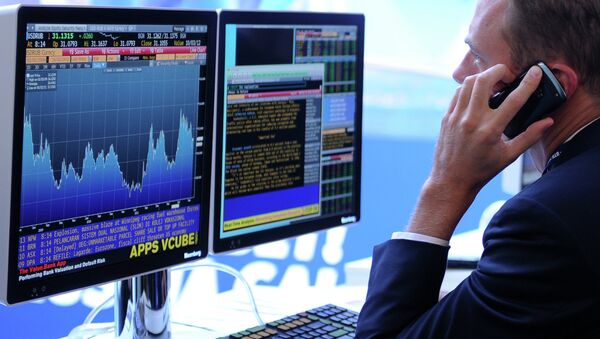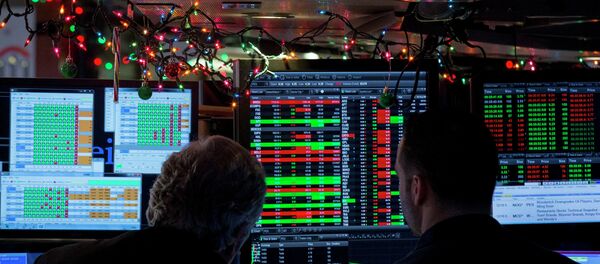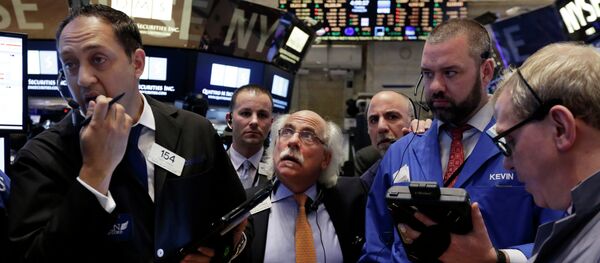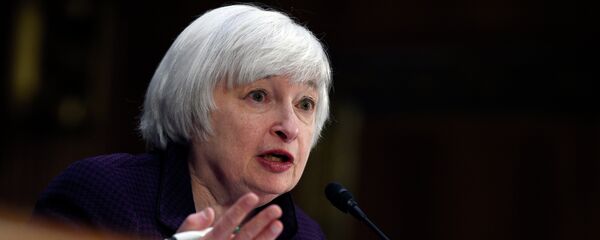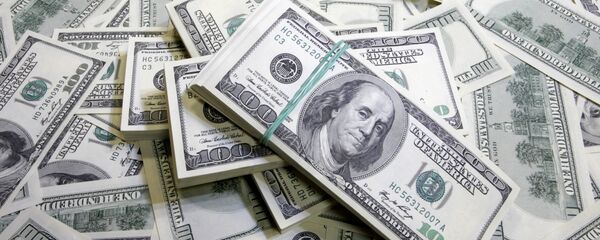Asia-Pacific stocks were mostly dragged down by Wall Street pessimism, save for Japan, where the private sector is pushing stocks and the overall economy up with just a little help from Bank of Japan. Both the Eurozone and Japan are optimistic now evaluating their chances to overcome deflation and lack of economic growth using unconventional monetary policies.
Friday’s trading in equities started in the red for Asia-Pacific as Wall Street posted losses the other day on the expectations of a slower economic expansion in Q4. Nevertheless, the unexpected gains in Japan’s manufacturing has reflected positively on bourses in Tokyo. Nikkei 225 added 0.3 percent as industrial production in Japan rose 4 percent in January in a monthly estimate after an advance of only 0.8 percent in December. However, the Japanese consumer spending declined as an aftereffect of last year’s hike in sales tax, weighing of retail, which shrank 1.3 percent month-on-month in January. All these data suggest that Japan’s export-based growth model has not worn out thanks to Bank of Japan’s (BoJ) monetary stimulus, keeping the yen down among other effects, and the high global competitiveness of Japan-produces goods. The broader Topix index of Japanese stocks added only 0.1 percent.
Korea’s Kospi slid 0.1 percent, Australia and Indonesia advanced, the latter on the rebound in oil price of course, Singapore and New Zealand retreated.
In Europe, private sector enterprises continue posting unexpectedly good earning reports, with aircraft maker Airbus leading the score. Stocks rallied as a result, extending their 7-year record highs yet again. Airbus’ equities were up by 7.2 percent. Bank of Ireland advanced 7.6 percent after posting its first post-crisis commercial gains. International Airlines Group appreciated by 3.7 percent, having reviewed their 2015 profits forecast by 20 percent up.
The pan-European FTSEurofirst 300 Index rose 0.4 percent, hitting its new 7-year maximum reading. Stoxx 600 also advanced by 0.4 percent.
In the US, however, the situation has suddenly become murkier as with even more oil rigs pulled out of commission and appreciating crude concerns of another ‘oil bust’, similar to that of 1986, have arisen. Besides, the Commerce Department posted a weaker Q4 growth estimate, which is not encouraging at all. But, the new reading of 2.2 percent is still optimistic as many observers had anticipated a downgrade to 2.0 percent.
Nonetheless, earnings reports of the 485 companies listed on S&P 500 have been unexpectedly optimistic, with earnings in Q4 up 3.7 percent on the average as compared to the previous estimates of only 1.7 percent. Tech and retail firms have posted stronger earnings.
Crude oil advanced after the Eurozone and Japan posted optimistic economic statistics. In the US, WTI crude rose $0.7 to $48.87/bbl, while Brent crude advanced to $60.72.
